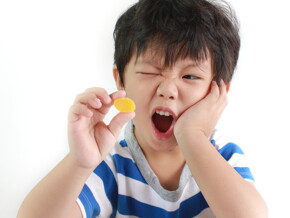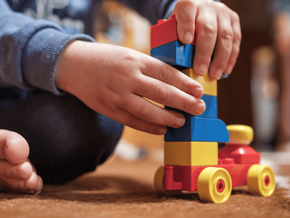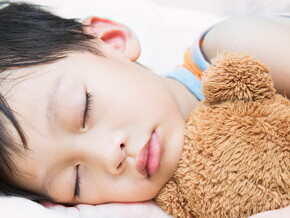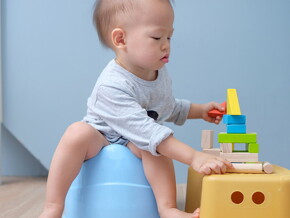
Why is Bedtime, Battle Time?
If any person is watching TV or listening to music, the child may not want to go to bed.
When it comes to bedtime, many parents can relate to the difficulties in getting their little ones to sleep. In most cases, the daily battle ends when parents fall asleep and the child remains awake in their bedroom!
Looking for a way to end bedtime battles? Well look no further for here are some tips that just might get your little ones to bed without much fuss.
- Set your child's biological clock - establish a set time for bedtime and wake up time, and you will "wind" your child's clock so that it functions smoothly. You can help align your child's sleepiness with his bedtime by dimming the lights in your home an hour before bedtime.
- Encourage daily naps - daily naps are important since an energetic child can find it difficult to get through a long day without a break. A nap-less child will often wake up cheerful and become progressively moodier, fussier or hyper-alert as the day goes on.
- Limit television - shut down television, music systems half an hour before sleep. If any person is watching TV or listening to music, the child may not want to go to bed. Strict instructions should be given to elder siblings to follow these rules.
- Avoid caffeine based food - avoid giving chocolates, colas from dinner time onwards as it has a stimulating effect on the body and keeps the child away from sleep.
- Encourage physical activites during the day - there should be at least some form of physical exercise for your child during the day. It promotes good appetite and health. As a result, the child gets tired and feels sleepy at night.
- Offer rewards - you can tell your child that if he/she is ready for bed before hand, there will be time for an additional story. If the child adheres to the routine, reward them with either a toy or movie of his/her choice. These incentives encourage them to follow the sleeping routine diligently.
Disclaimer: This content is shared for informational purposes only and not intended to be a substitute for professional/medical advice, diagnosis, or treatment. We recommended that you always seek the advice of your healthcare professional for any questions you may have regarding a medical condition/specific situation.
References:


















